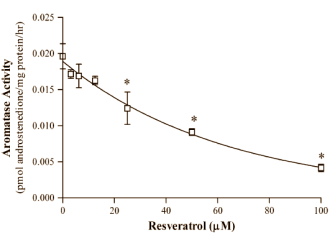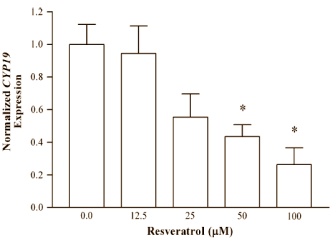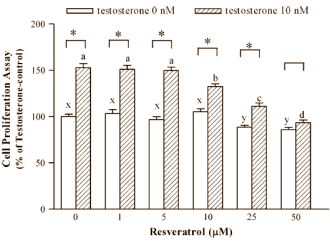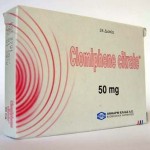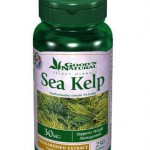Resveratrol Effects As An Anti-Estrogen
Blog Entry #53
By Admin – Steroidal.com
Resveratrol is a polyphenol found in plants, and is produced to help them ward off bacteria, fungi, and other microbial attackers, or to withstand drought or lack of nutrients. It is commonly found in grapes, red wine, cranberries, blueberries, mulberries, lingo berries, pistachios and peanuts. Resveratrol is also found in Japanese knotweed and its popularity has grown in recent years. Resveratrol has been linked to a number of health benefits. Its been linked to protecting against major illnesses, diseases, cancers [1], decreasing estrogen and heart disease.
In heart disease, resveratrol has been shown to have protective effects as its anti-inflammatory and it prevents the oxidation of LDL “bad” cholesterol. In cancer resveratrol is thought to slow the cell proliferation of cancer cells and aid in apoptosis (cell death. And finally in diabetes, resveratrol is thought to prevent insulin resistance. Because of this, the supplement industry has jumped on it and resveratrol is now found in thousands of products, from anti-ageing to living longer and weight loss.
Unfortunately, most of this data is in test tubes or in vitro and the jury is out on if it works at all and how it works exactly.
Today we’re going to look at resveratrol’s effects as an anti-estrogen and how it combats estrogen as well as the side effects estrogen brings. This is applicable to steroid users as often estrogen can rise when aromatasable compounds are used, whilst estrogen is also a known carcinogen and can cause an accelerate cancer growth.
A study conducted in 2006, by the Chinese University of Hong Kong, measured resveratrol’s effects on breast cancer cells [2]. The human breast cancer cell SK-BR-3 and the genetically modified MCF-7aro cell were experimented on by the researchers.
Estrogen is a Group 1 IARC classified carcinogen, so it has an important relationship with how cancers develop and proliferate. Estradiol can change into various analogues (the 4- and 16-hydroxy analogues), and these can healthy cells to run into cancerous cells. Secondly, cancerous cells have receptors for estradiol, so the higher the estrogen level, the faster cancer can spread. The scientists wanted to know if resveratrol could slow these processes.
When the Chinese researchers exposed the SK-BR-3 breast cancer cells to resveratrol, they noticed aromatase expression decreased, possibly showing a protective effect or slowing of cancer growth.
The figure below shows how resveratrol delayed the growth of MCF-7-aro cells, again showing anti-estrogen like effects. The higher the resveratrol concentration, the greater the effect this had.
Limitations are that there is a shortage of human trials showing positive effects from resveratrol supplementation. Studies point to around 1-2mg per kilogram in bodyweight should be used. Resveratrol is also hard to ingest in supplemented form due to low bioavailability and oxidation.
Other pieces of important data on resveratrol are that its been shown to inhibit the production of gene-toxic estradiol analogues [3] and that it may also be a potent weapon against prostate cancer in males, due to its anti-androgen like effects [4].
Sources:
[1]. Eur J Cancer Prev. 2005 Apr; 14(2): 139-42.
[2]. Toxicol Sci. 2006 Jul; 92(1): 71-7.
[3]. Cancer Prev Res (Phila). 2008 Jul;1(2):135-45.
[4]. Repressive Effects of Resveratrol on Androgen Receptor Transcriptional Activity:October 00/2009





